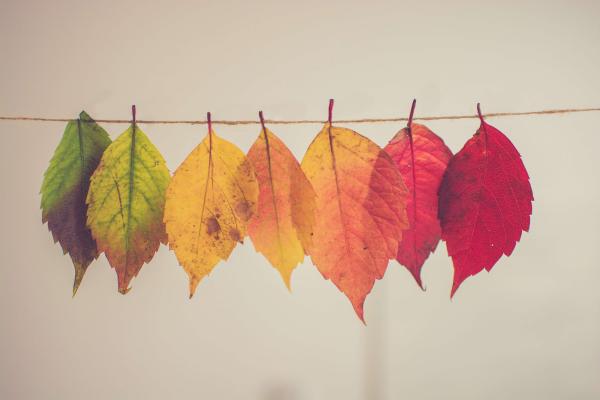Nov 19, 2019
When we’ve decided to call ourselves woke, we are disregarding the journey of becoming woke along the way. When we say we are already decolonized, we are neglecting the seriousness of the journey toward decolonizing in all its complexities.
Read the Full Article

Already a subscriber? Login
